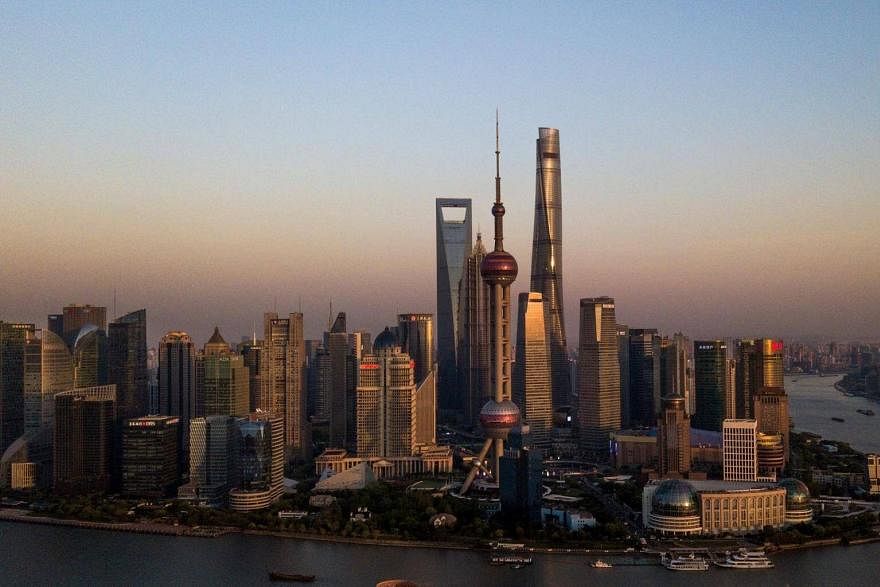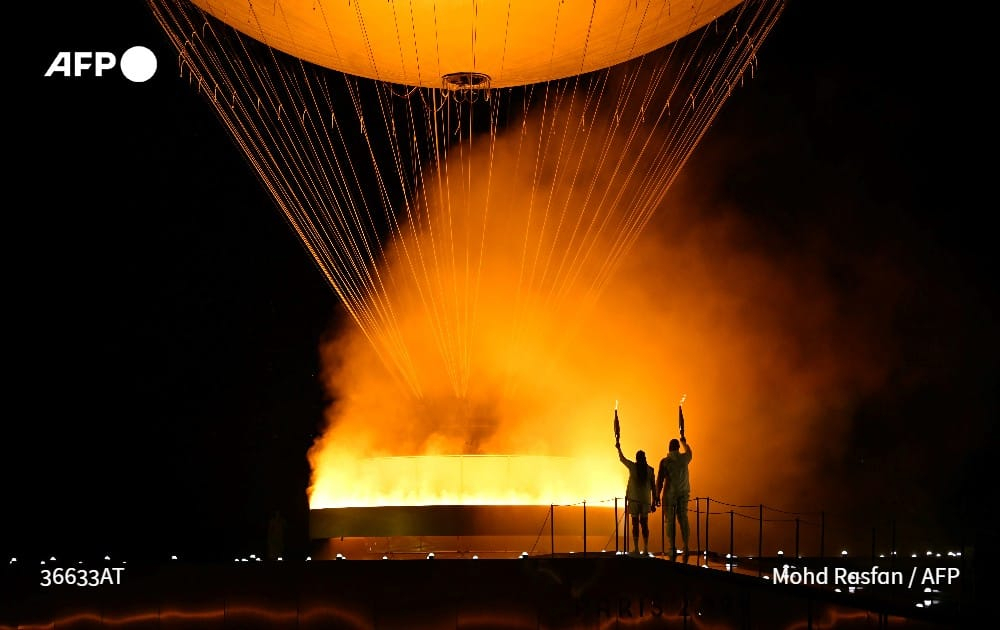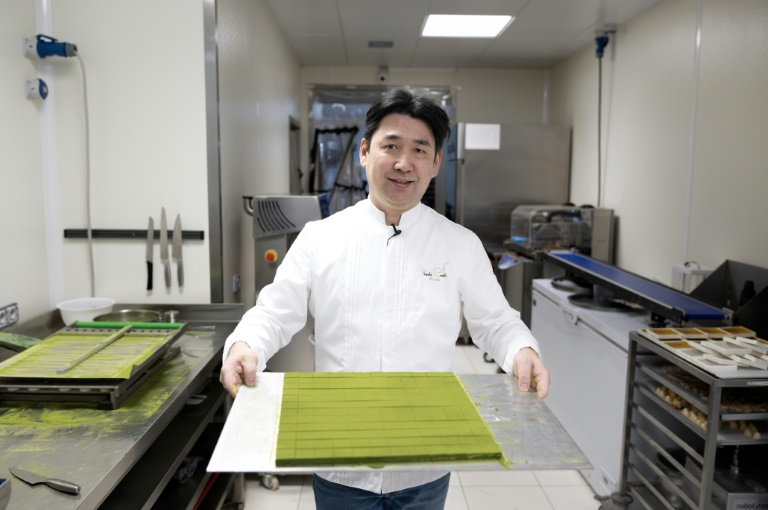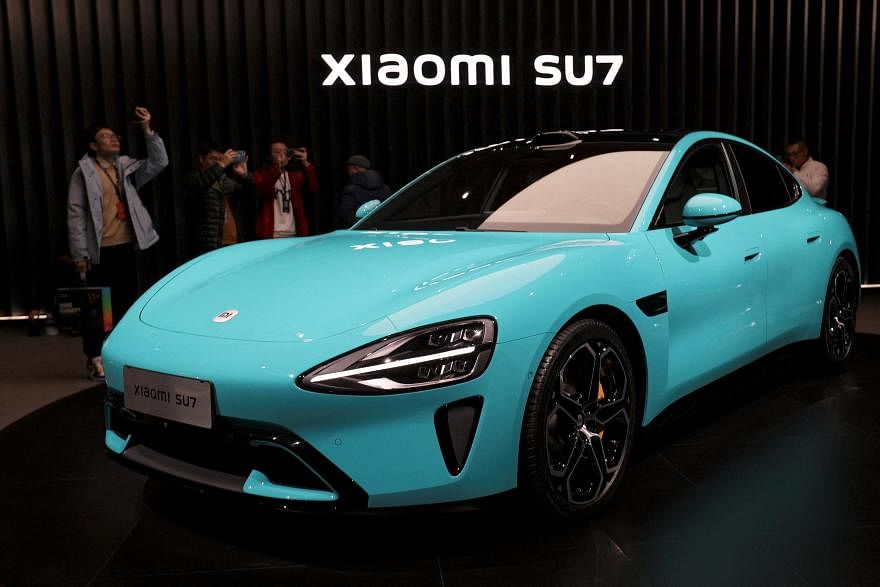PRIVATE equity-related dealmaking activities in Asia-Pacific (Apac) has continued falling in 2023 as economic uncertainties hovered, mirroring a global downward trend, said Bain & Company.
The total private equity (PE) deal value of US$147 billion and fundraising of US$100 billion in the region both dropped to lowest in a decade, based on its report released on Monday (Mar 25).
“Many investors put dealmaking on hold in 2023, worried about slowing economic growth across much of the region, persistently high interest rates that raise the cost of PE debt, and volatile public stock markets,” said the global consultancy, noting that ongoing geopolitical tensions add to investors’ concerns.
Consistent with the global trend, the region’s deal value slid 35 per cent from the previous five-year average, extending the dealmaking slump that began in 2022. Deal volume was 30 per cent lower than the 2018-2022 average.
Apac-focused funds raised also dropped to a decade low, down 26 per cent from the 2022 level and down 60 per cent from the prior five-year average.
“Investors raising new funds continued to shift their focus away from Asia,” said Bain & Co, adding that the global share of the region-focused private capital funds fell to 9 per cent, down sharply from an average of 23 per cent over the last decade.
As global general partners (GPs) reduced their investments in Apac countries amid a murky economic outlook, PE exists also declined further to US$101 billion in 2023, down 26 per cent from the previous five-year average and down 51 per cent decline from the record-breaking level in 2021.
“Only 22 per cent of GPs surveyed by Bain made successful exits as planned, while 30 per cent made no exits at all,” said Bain & Co, noting a troubled macroeconomic environment, on top of underperforming and unpredictable initial public offering markets as the main reasons for the tough exit environment.
Japan bucks the trend
Deal value across the markets of Australia-New Zealand, China, South-east Asia and India fell 63 per cent, 58 per cent, 47 per cent and 41 per cent, respectively, as compared to the previous five years. The four markets also reported fewer mega deals of over US$1 billion than prior years.
Japan stood as the only market to buck the trend, where deal value rose 183 per cent over the prior five-year average, driven by mega deals.
The country’s mega deals boosted its deal value to 30 per cent of the Apac total, up from 7 per cent over the previous five-year mean. These megadeals included Japan Industrial Partners’ US$16 billion purchase of Toshiba, JIC Capital’s US$6.9 billion purchase of JSR, and a JIC Capital–led consortium’s US$4.7 billion acquisition of Shinko Electric Industries.
Sebastien Lamy, co-head of Bain & Co’s Apac PE practice, said that investors preferred Japan’s deep pool of target companies with performance improvement potential, with stable regulatory environment, and persistently low interest rates.
In China, a cautious investment sentiment continued. The market saw deal value falling 58 per cent compared with the previous five-year average, reducing its share of total Apac deal value to 28 per cent, down sharply from the previous five-year average of 43 per cent.
Four megadeals were generated in China, a sharp drop from the 14 megadeals it averaged in the previous five years. Two of the largest were Bain Capital’s acquisition of Qinhuai Data for US$3.2 billion, and General Atlantic, Mubadala Investment Company, and HongShan’s US$2 billion investment in Shein.
For the first time since 2016, India generated no megadeals in the technology sector and only three in total, compared with a previous five-year average of seven.
India’s 2023 megadeals included Temasek’s US$2 billion purchase of Manipal Health Enterprises; EQT and ChrysCapital’s US$1.1 billion acquisition of HDFC Credila Financial Services; and Brookfield Renewable and Global Power Synergy’s US$1.1 billion investment in Avaada Energy.
Bain & Co also highlighted that Southeast Asia had no megadeals in 2023, the first time since 2008.
Tech loses shine
Since 2021, investors have been shifting away from riskier and more speculative assets to defensive assets, such as manufacturing companies linked to the energy transition. This is a trend that accelerated in 2023, resulting in a more balanced mix of deals by sector, said Bain & Co.
While the technology sector still represented the largest share of Apac deals in 2023, it made up only 27 per cent of the total deals, down from a five-year average of 41 per cent.
“GPs perceive technology companies as riskier than other industries and worry that valuations are likely to fall further,” said the consultancy, highlighting that the energy and natural resources sector was the only sector with an increase in deal value and deal count in the region.
Active funds benefit
The number of active investors in Apac fell 25 per cent on the year in 2023, a trend affecting every country in the region – indicating a shrinking competition.
A tough market with less competition, however, benefited more active funds, while fewer deals and a slowdown in fundraising left underperforming funds unable to compete, said Bain & Co.
The region’s top 20 funds’ share of deal value increased to 47 per cent, up significantly over the prior five-year average of 31 per cent.
As in previous years, most of these funds were global GPs. “However, their prominence in the top 20 was diluted in 2023 by a handful of government-affiliated funds and domestic GPs that were more active in larger deals than in previous years,” added Bain & Co.
The consultancy also noted that GPs have been adapting to the evolving challenges. PE funds that developed a pre-sales strategy and compelling equity story for their portfolio companies were able to attract buyers and exit successfully, according to Bain & Co’s survey.
Lachlan McMurdo, Bain & Co partner and co-author of the report, noted that while the exit outlook in the region remains uncertain in 2024, successful funds are not waiting for markets to bounce back.
“They are paving the way for sales that meet their target returns by using strategy reviews to highlight the potential value of deals to buyers.
“This approach can help reduce the inventory of ageing assets and return cash to limited partners through 2024, even if the overall exit market remains depressed,” said McMurdo.
The report also noted that leading funds have started to explore alternative asset classes, including infrastructure and private credit, as a key source of growth amid market turbulence.







